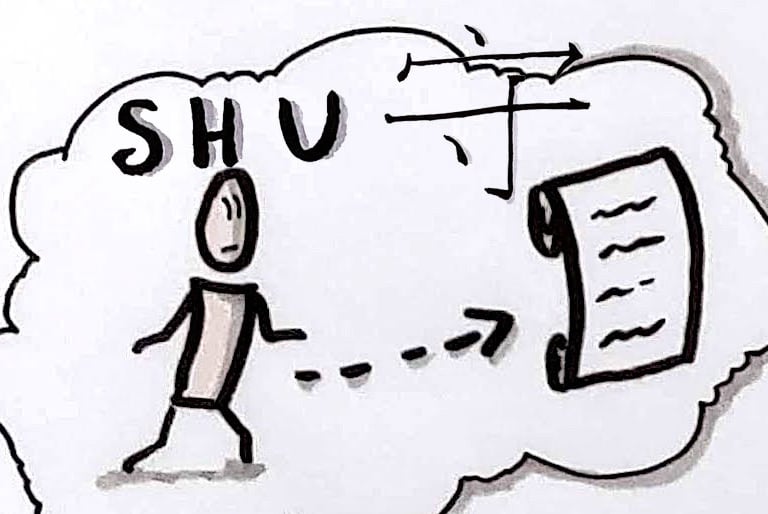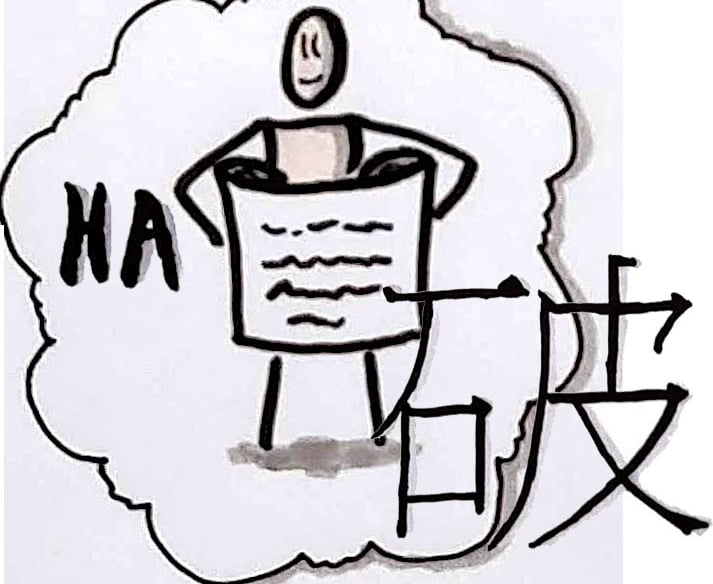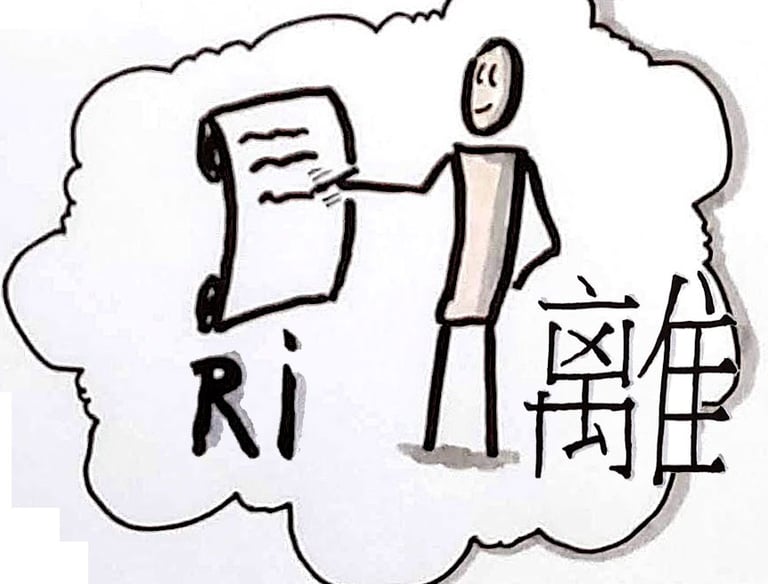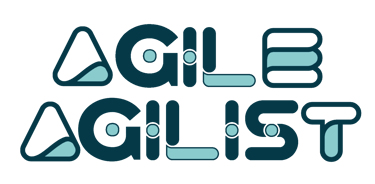Business Agility Enablement
Agile Business Solutions
Empowering your journey towards enterprise agility with tailored strategies and effective implementation.
SHU (守) “protect”, “obey”—traditional wisdom—learning fundamentals, techniques, heuristics.
From the Agile Team


When one or more teams within an organization apply Agile principles and methods of operation, the Agile Team is formed
When an organization first begins implementing Agile principles, it is usually with a small team or project. This Agile team focuses on delivering value quickly and responding to change. This is the first step towards transforming your company into an Agile Enterprise.




HA (破) “detach”, “digress”—breaking with tradition—detachment from the illusions of self, to break with tradition – to find exceptions to traditional wisdom, to find new approaches.
Team of Agile Teams
When an organization is scaling Agile across business units and creating a culture that supports this effort.
As the Agile approach acquires popularity and effectiveness, the organization may seek to scale its Agile processes across business divisions, departments, and teams. This involves building an Agile culture and attitude, customizing Agile frameworks and processes, and offering people with Tailored Agile.
When the enterprise functions reliably, with a focus on creating customer value and accomplishing company goals.
This requires expanding Agile practices and principles beyond the team level to cover specialized portfolios (HR, Marketing, Sales, and so on), product development, and enterprise architecture. As culture has been established throughout the company, the focus has shifted to continual learning, continuous improvement, and innovation.
RI (離) “leave”, “separate”—transcendence—there are no techniques or proverbs, all moves are natural. there is no traditional technique or wisdom, all movements are allowed.
Scaling Agile Enterprise with specialty
Transformative experience! Their guidance on enterprise agility has significantly enhanced our operational efficiency and team collaboration.
John Doe - EY - Scalability Value Hub


★★★★★
Get in touch
Join Agile Agilist Group Training to transform your team's capabilities and experience the power of unity in professional development!
